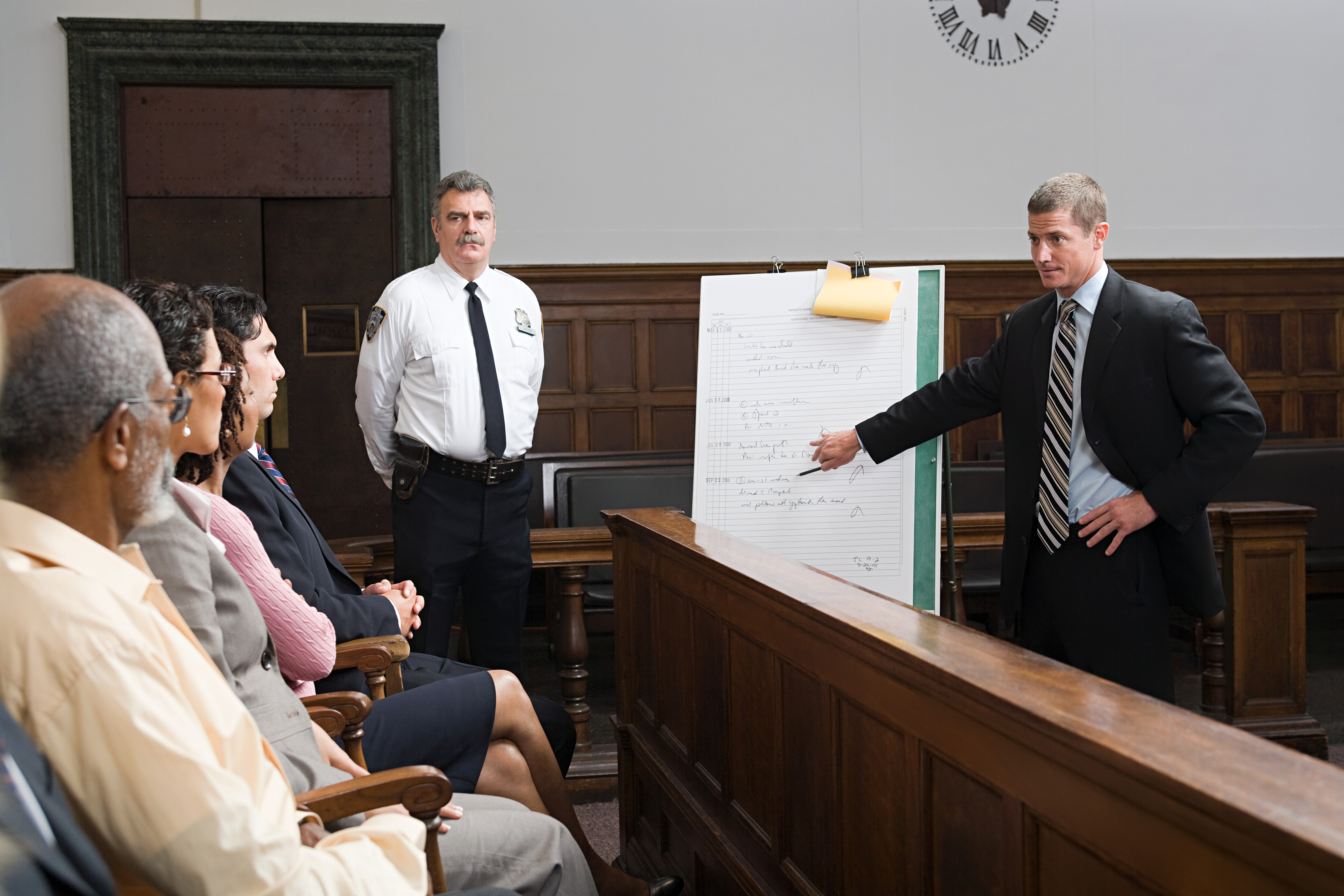UConn law professor Julia Simon-Kerr’s scholarship focuses on evidence, particularly on how legal issues of credibility are shaped by cultural presumptions. A recent article, ‘Systemic Lying,’ was accepted for presentation at the Harvard/Stanford/Yale Junior Faculty Forum.
The topic of lying by police was the focus of a recent series of articles by The New York Times. Simon-Kerr shared some of her thoughts on this topic in a recent conversation with UConn Today.
Q. The New York Times recently published a story ‘Blue Lies’ – about lying by New York City police officers when they appear in court. Is this a new problem?
Justice is not served when a conviction is secured through unjust means. — Julia Simon-Kerr
A. Unfortunately, this is not a new problem. It can be traced at least back as far as Reconstruction, when police and prosecutors systematically colluded to wrongfully convict black defendants. What is relatively new is the attention the problem is now receiving, largely due to the shocking stories that come out almost daily about convictions obtained on the basis of false testimony by police or biased investigations by prosecutors. But I say “relatively new,” because police lying is a phenomenon that has been well known to the community of legal practitioners since the 1960s, as is evidenced by Professor Irving Younger’s often-quoted remark in a 1967 article that “every lawyer who practices in the criminal courts knows that police perjury is commonplace.”
Q. Most of the recent attention to this issue has been directed at the big cities. Does it happen everywhere or is it centered more in urban areas?
A. Because many researchers focus on urban areas, differing patterns of crime in urban areas, and greater news coverage of urban law enforcement, it may give the impression that the problem is centered in big cities. But it would be a mistake to assume that police in rural communities never lie or engage in illegal tactics to gain convictions. A memorable example is the case of Walter McMillan, reported in Bryan Stephenson’s book Just Mercy, in which a sheriff, prosecutor, and investigators in Monroeville, Alabama, used bribery and other improper tactics to put McMillan on death row for a crime he did not commit.
Q. In much of your research, you use the term ‘systemic lying’ – what does that mean and how does it apply to the legal system?
A. I define systemic lying as a routinized practice in which multiple actors in the legal system – police, prosecutors, judges, sometimes even defense attorneys – lie under oath or condone such lies repeatedly and for a reason that is linked to the participants’ conception of justice. “Testilying” meets these conditions when police lie or plant evidence in order to secure convictions of people they believe to be guilty – and prosecutors and judges look the other way. Contextualizing testilying as a form of systemic lying highlights the fact that it is not limited to isolated or occasional bad actors. Instead, this type of collective lying to get around rule of law constraints crops up in various places in the law in various eras.
Q. Do you think there is pressure on police officers to lie sometimes in order to get proper justice served?
A. There is considerable pressure on police officers to get certain numbers of arrests and also convictions – the more notorious the crime, the stronger the pressure for a conviction. This kind of pressure – often backed up by internal factors, like performance ratings, and external factors, like public pressure – is undoubtedly a factor in police lying. I should point out here that police are permitted to lie in interrogations, which is problematic from a moral standpoint if we expect police to be trustworthy moral exemplars in our society. I have written on this in an article that is part of an Innocence Network symposium. Returning to the subject of testilying, as with other forms of systemic lying, officers who lie may believe they have found the culpable party and that the lies and other improper tactics serve justice. In many instances, the defendant may be culpable. But unfortunately what this logic misses is that justice is not served when a conviction is secured through unjust means.
Q. What is the best way for systemic lying by law enforcement officers to be eliminated – or at least reduced?
A. By definition, systemic lying is an embedded, taken-for-granted practice, one that has become part of the legal culture in many jurisdictions. There is no quick fix for this. Any solution has to account for the fact that the police operate in concert with and under the guidance of prosecutors who often are or should be aware of police fabrication. If prosecutors condone lying and judges give credence to false testimony, the police culture is not going to change, because the tactic works to secure convictions. So I would argue that the solution has to begin with measures to hold prosecutors accountable when they obtain convictions based on a fabric of lies. Prosecutors now enjoy immunity from suit even in flagrant cases when the proof is clear that a conviction was obtained using evidence they knew was false. So as a first step, I would eliminate absolute prosecutorial immunity. Police departments should also be encouraged to rethink the tools used to evaluate police performance to make sure that they do not incentivize testilying. Finally, police disciplinary procedures and disclosures need to change, so that it is easier both to discipline officers for this type of misconduct and for defense attorneys to bring prior police lies to the attention of the courts.



